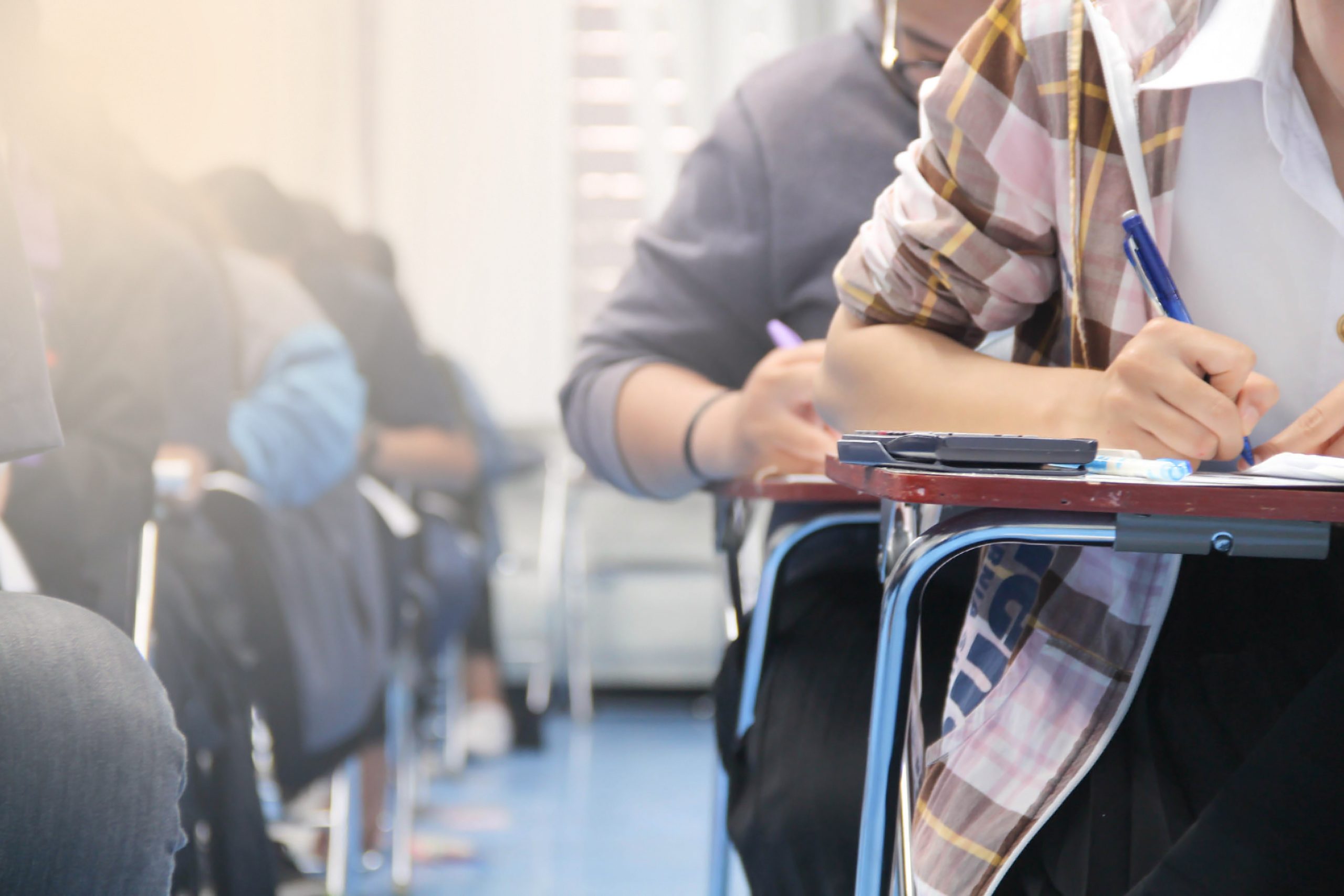The foundation pharmacist assessment exam is the culmination of five years of hard work and study and it is important that trainees make adequate preparations well in advance of sitting the assessment. A proper revision plan, a little advance preparation, and looking after your wellbeing will help to improve overall performance on the day. This page gives information and advice about everything you need to do to be ready for the registration assessment.
The GPhC trainee manual contains information about the registration assessment, including applying to enter it, deciding whether to enter, problems on the day, syllabus and example questions. The foundation trainee section of the GPhC website also contains further information on the registration assessment. Trainees might find it useful to check the GPhC website regularly for news updates.
All you need to know around sitting the next assessment can be found on the GPhC website, including practical considerations for the assessment day, question types and content of the exam.
Our webpage contains information on the following:
Are you fit to sit?
When to use the withdrawal nullification and appeal processes
For trainees who are aware of any illness/personal issue that could affect their performance in the assessment, the GPhC stress the importance of only sitting if fit to do so. Being ‘fit to sit’ means that you do not know of any reason why your performance would be adversely affected on the day of the assessment.
They stress if you are aware of anything that might affect your performance on the day, you should not sit the assessment – even if it is a difficult decision to make.
We understand that missing an attempt you had hoped to sit can be tough. However, it’s important not to use one of your three attempts if you’re not ready. See the next section for information on supporting your wellbeing as you prepare for the assessment.
You are eligible to withdraw from a sitting at any time up until the assessment begins. Once you have decided to withdraw, you will not be able to attempt the assessment. The final point at which you are able to withdraw from the sitting will be made clear to you. By continuing with the sitting after this point, you have declared yourself ‘fit to sit’
If you decide to withdraw, you no longer need to notify the GPhC. If you have registered for an exam sit and then choose not to sit, it will not count as one of your three attempts at the assessment. If you register for an exam and then do not sit the exam, your exam registration fee will not be refunded.
Supporting your wellbeing as you prepare for the assessment
Your wellbeing is important — not only for your overall health, but because it can also positively impact your performance during revision and in the exam.
Set yourself realistic goals and don’t forget you will still need time to eat, sleep and socialise. Make sure that you take regular breaks from studying and have a selection of healthy snacks and drinks on hand to keep your energy levels topped up. Think fruit, dried nuts and water rather than crisps, cake and too much caffeine. Physical exercise provides relief from stress, so setting aside some time for regular exercise makes sense. Make sure that your study plan allows you time for activities such as going for a walk or a run, doing some yoga or taking a swim. If you exercise you will enjoy a better night’s sleep and will wake feeling refreshed and ready for the day.
Try to avoid last minute cramming/all-night studying just before the assessment. Set yourself a manageable timetable for revision and then stick to it. If there are any areas that you do not understand, for example, calculations, ask your colleagues and/or tutors for help.
We all feel stressed from time to time, however, for some people the pressure of sitting the assessment and the anticipation of results becomes too much. It’s important to be aware of the signs of stress and what to do about it – you can find out more here. It may also help to talk things through, you can do this via our Listening Friends service.
If you are struggling with your mental health, we can also provide psychological therapy through our counselling service.
Please see our webpage on support during your registration assessment for further information on wellbeing support for trainees sitting the assessment.
Preparing to sit the assessment
The GPhC assessment framework sets out the outcomes that will be tested and gives guidance on some of the topics that may be covered.
Familiarise yourself with the assessment questions by practising with past papers. Time yourself so that you understand how long you will have to answer each question in exam conditions. The PDA offer a revision package, this includes mock exams, practice questions, and revision tips. This package is for PDA members only, but membership for trainees is free. You can find out more about the package on the PDA events page.
There is lots of additional support on revision skills and preparing for exams, including the Skills You Need website, the NUS website, and The Mix.
Before the assessment
Your test centre seat will be reserved for you.
If you would like to change your test centre location, you will be able to do this using the Scheduler system.
Changing location is subject to availability, and this may be limited in many test centres. If you can’t find another test centre you want to move to, your place will remain at the test centre that was originally booked for you.
Make sure that you have everything prepared in advance. Plan your route and journey time to the assessment venue well in advance and allow extra time for delays on the day. Those with a long, complicated journey might want to consider staying overnight prior to the assessment. Pack your bag the night before and ensure that all your essentials are in there:
- GPhC approved calculator. Spare calculators will not be available on the day. Unapproved calculator models are not permitted in the assessment room. You must bring one of these models:
-
- Aurora HC133
- Aurora DT210
- Casio MX-8S-WE (also known as MX-8S)
- Casio MX 8B-WE / MX 8B
Alternatively, you can use the on-screen calculator if you prefer.
- Identification documents – either your driving licence or passport. You must check that your documentation is signed and will be valid on the sitting date before attending the assessment (no other form of identification will be accepted on the day of the assessment).
- Approved calculator(s) – part one paper only
- A single highlighter pen
- Ruler
- Glasses/spectacles with no case
- Water and non-fizzy drinks in a clear, transparent bottle
- Cough sweets
- Medication and food (must not cause noise or smell disturbance) if you have a medical condition
- Tissues (unpackaged)
- Cushion (plain, single coloured covering)
- Eye drops
Any items that are not on the list will not be permitted, except for items that have been approved as part of your reasonable adjustment request.
Nullifying your assessment attempt
The GPhC has issued the following guidance to exam candidates who experience adverse circumstances during the sitting. Candidates should report any incidents that occur on the day to a Test Invigilator. The Test Invigilator must log a case report and provide the candidate with a case reference number. Candidates must ensure that the Test Invigilator logs the case and provide the case reference number as the case reference number will be part of your nullification request.
You must request nullification within five working days of the date of assessment. You must complete an application form to request a nullification of a registration assessment sitting attempt and provide supporting evidence from an appropriate source explaining why you were adversely affected during the assessment.
The nullification form will be available on the registration assessment sitting page on the day of the exam sit. Complete the form and then submit it with your evidence to [email protected] within five working days of taking the exam, to have your nullification request assessed. Your assessment fee will not be refunded.
When to use the withdrawal, nullification, and appeal process
For more information on withdrawing from the assessment if you are not able to sit, nullifying your attempt if something happens during the exam, and the grounds for appeal after results, see the withdrawal, nullification, and appeal guide on the GPhC website.
This webpage was reviewed in February 2025 and updated in July 2025.




